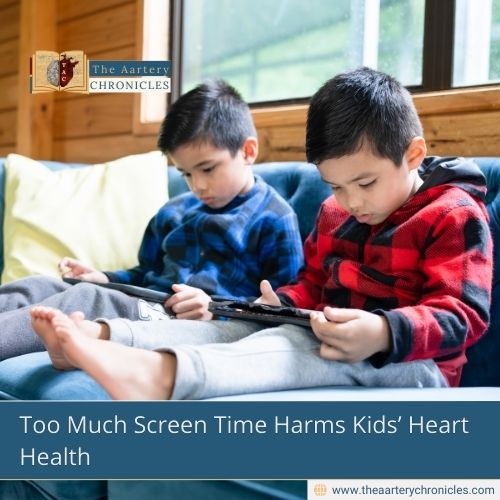

Why Women Are Killing Their Husbands Now?
Recent headlines about women being involved in the murder of their husbands have raised alarm across the country. From a honeymoon murder in Meghalaya to a mutilated body sealed in a cement barrel in Meerut, these horrifying instances have sparked widespread public outrage and debate.
Mental health experts suggest that the root causes may not lie simply in gender or criminal intent but in deeper emotional and psychological dysfunctions.
Psychiatrist Debunks Myths Around Female Violence
According to Dr. Shiv Prasad, Professor and Head of the Psychiatry Department at Lady Hardinge Medical College, New Delhi, these acts should not be misinterpreted as signs of female aggression or empowerment. Instead, they are more accurately seen as outcomes of severe emotional struggles, poor coping mechanisms, and impaired decision-making.
“These are human tragedies. Labelling women who commit these acts as either villains or empowered rebels is misleading. Most are suffering from untreated psychological issues,” says Dr. Prasad.
Psychological Stress and Trauma
Experts point out that women today face a wide range of stressors emotional, financial, social, and even existential. When combined with personal vulnerabilities such as past trauma, unstable emotions, or personality traits like fear of abandonment, the risk of violent outcomes increases.
Dr. Prasad explains that when these emotional wounds collide with experiences of betrayal, relationship conflict, or the pressure of family expectations, it can lead to explosive and tragic outcomes.
Changing Relationship Dynamics
Another major contributor, experts say, is the changing nature of relationships in modern India.
Dr. Rajiv Mehta, Vice Chairperson of Psychiatry at a leading Delhi hospital, notes, “We’ve moved from joint families to nuclear ones, and with that, our thinking has shifted from ‘we’ to ‘me.’ This growing sense of individualism, along with a false sense of invincibility, has eroded patience and empathy between partners.”
Additionally, many people now feel entitled to instant gratification and believe they can outsmart the legal system, which further complicates already fragile relationships.
The Role of Digital Influence and Unrealistic Expectations
Relationships today often appear strong on social media but lack true emotional depth. Many are shaped by digital glamorization, leading to unrealistic expectations. When these expectations clash with cultural or family realities, relationships can quickly unravel.
Dr. Prasad adds, “Relationships require more than just two people; they must also function within the larger context of family and social dynamics. Unfortunately, many modern couples are unaware or unprepared for this complexity.”
Conclusion
While these tragic incidents may draw media attention and public outrage, the focus must shift to understanding the psychological factors involved. These are not simply criminal cases; they are mental health emergencies.
Experts agree that early identification of emotional distress, access to therapy, and building healthier coping skills are essential. Importantly, we must stop associating these acts with empowerment or gender wars and start seeing them as warning signs of a deeper emotional and societal breakdown.
"Sometimes people don't lash out because they're strong ... they do it because they're hurting inside and don't know how else to cope. They should realise that they need help"
Dr Aarti Nehra, MBBS, MMST Tweet
Source: Inputs from various media Sources

Priya Bairagi
Reviewed by Dr Aarti Nehra (MBBS, MMST)
I’m a pharmacist with a strong background in health sciences. I hold a BSc from Delhi University and a pharmacy degree from PDM University. I write articles and daily health news while interviewing doctors to bring you the latest insights. In my free time, you’ll find me at the gym or lost in a sci-fi novel.








